Currently, much work is being done to better understand how healthy soil supports the health of plants. In a nutshell, the soil is brimming with living organisms that help release nutrients, among other good things, from organic matter present in the soil. The idea for gardeners who want to work with the natural system is to think in terms of feeding the soil, not the plants. Synthetic fertilizers supply nutrients to plants, but their continued use does not encourage the growth of living organisms in the soil and can even hurt them by creating conditions that are too acid or too salty.
To encourage microbes and other living things such as earthworms and fungi that create a healthy environment for roots, it is best to use compost and organic fertilizers. Organic matter in the ground is what fuels this "soil food web," the complex body of soil organisms and their interactions. That is why it is very important to work compost, chopped leaves, or other clean organic matter into the soil.
Soil organisms decompose plant residues, manures, and even some pesticides, often preventing the latter from entering water and becoming pollutants. They store nitrogen and other nutrients. Some even take nitrogen from the atmosphere, making it available for plants. This is the case with organisms associated with legumes such as peas. Many also contribute to improving the texture of the soil, too. So when fertilizing, think about the health of the soil, and the health of your plants will follow. Like humans, plants that are healthy are better able to resist or endure and recover from many diseases.
It's Different In Pots
When growing plants in containers, the soil that you start with is a sterile medium, not really true soil. (If you have questions about what a good potting soil should be made from, read here.) In this case, it is fine to use synthetic fertilizers because there is no soil food web present. High-tech granular products and water-soluble products are great for potted vegetables, herbs, and flowers.
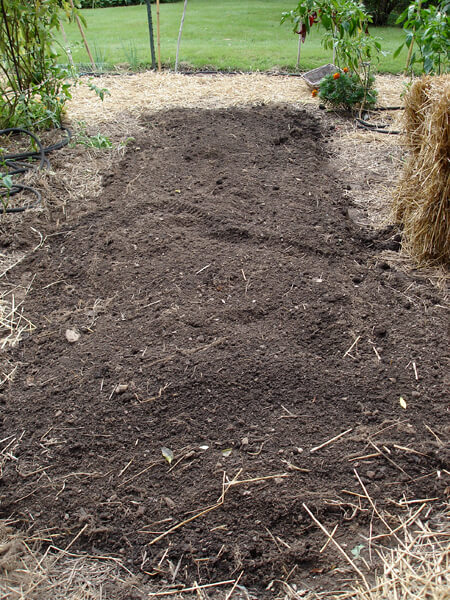
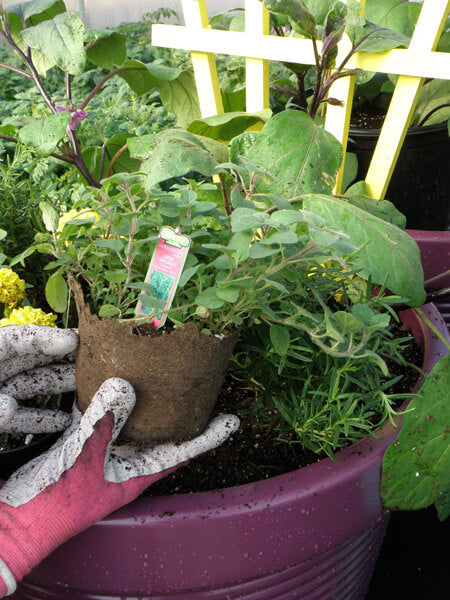
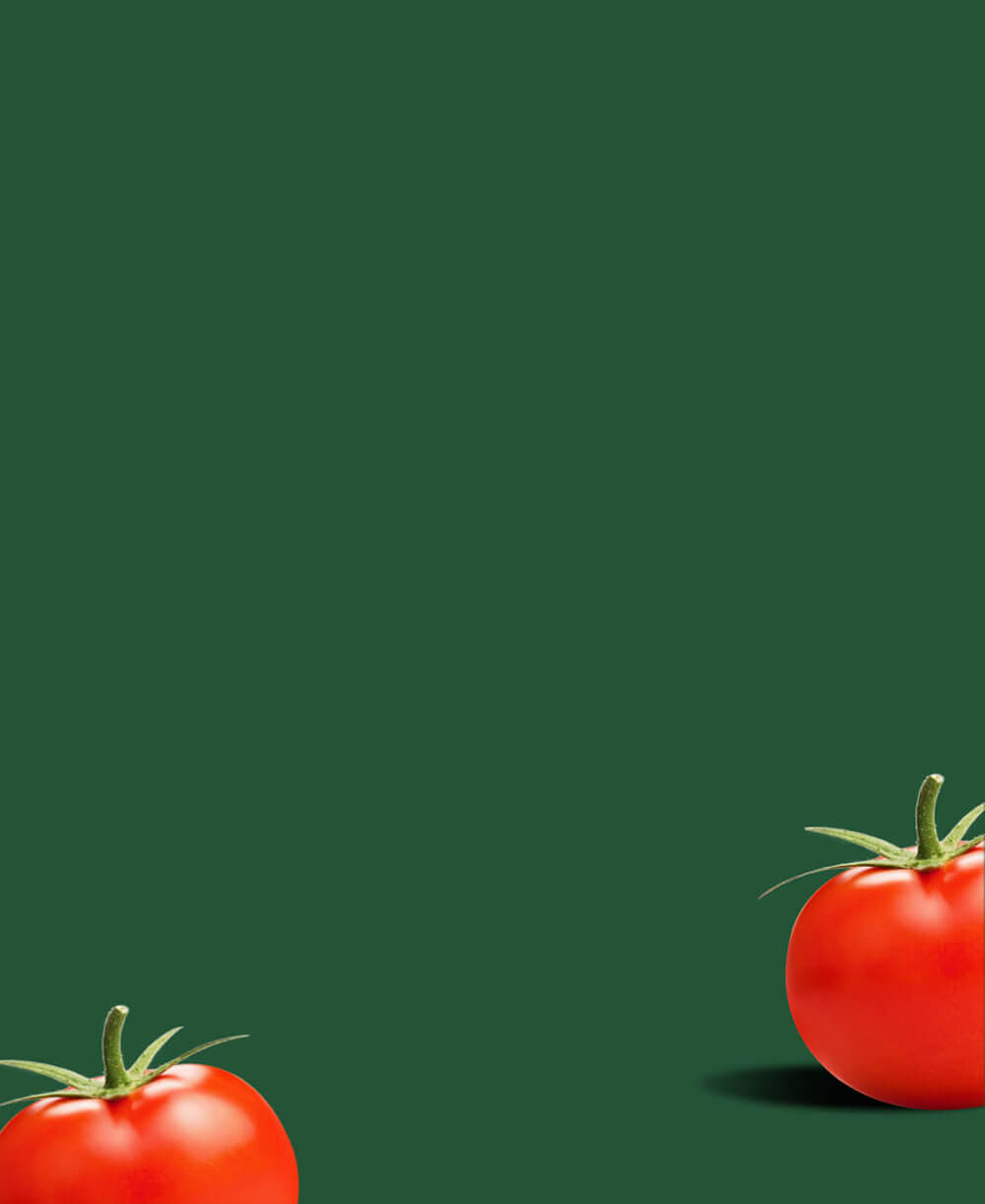
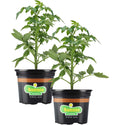
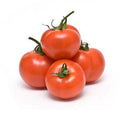


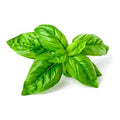 Herbs
Herbs
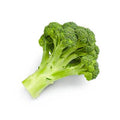 Vegetables
Vegetables
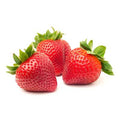 Fruit
Fruit
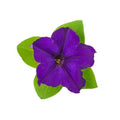 Flowers
Flowers
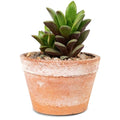 Succulents
Succulents

